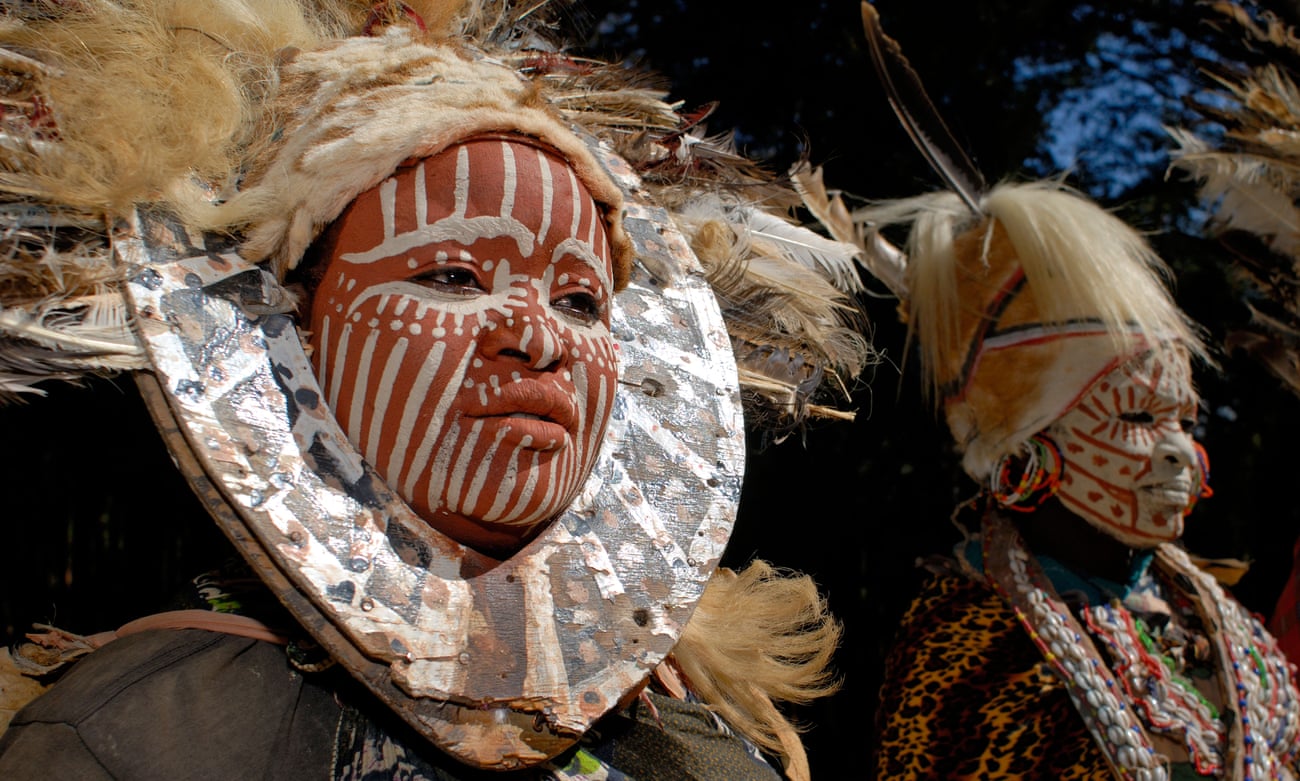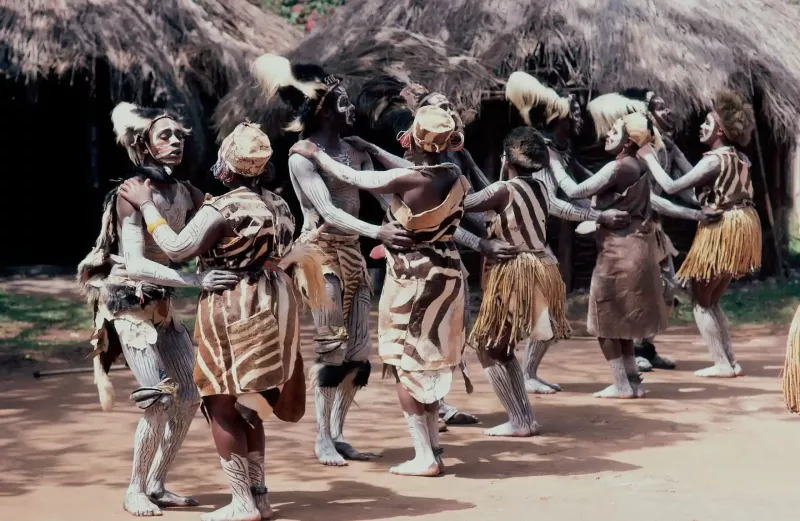Mukuru, a Kikuyu language teacher, is one of a small but growing number of Kenyans from the country’s largest ethnic group, the Agīkūyū, who are trying to revive precolonial cultural and spiritual practices. The belief systems were suppressed and marginalised during British colonial rule in the 19th century, and as Christianity became more entrenched. Wairimu Mukuru started sharing TikTok videos about Kikuyu culture earlier this year. Within months, the 26-year-old had gained more than 60,000 followers and received at least 1m views of her videos, where she talks about her ethnic group’s traditional practices and beliefs on topics such as mental health and sex. Mukuru, a Kikuyu language teacher, is one of a small but growing number of Kenyans from the country’s largest ethnic group, the Agīkūyū, who are trying to revive precolonial cultural and spiritual practices.

The belief systems were suppressed and marginalised during British colonial rule in the 19th century, and as Christianity became more entrenched. King’ori wa Kanyi, a member of the Agīkūyū Council of Elders.
“A good African convert had to take a European name, dress like a European and visit the clinic instead of the herbalist.”
“Westernisation was entangled with Christianity,” - King’ori wa Kanyi

About 85% of Kenyans identify as Christians and the religion has become an entrenched part of the country’s political and cultural fabric, marking naming, birth, marriage and political ceremonies. Kamau Wairuri, a socio-political researcher at the Edinburgh University.
“There’s a new kind of Pentecostalism that has consumed much of how we understand ourselves,”
“Since people are not familiar with other alternatives, those looking to practise a different kind of spirituality might not know where to begin.”
Today, less than 2% of Kenyans practise traditional beliefs. But experts say accurate estimates are elusive because many practise indigenous belief systems alongside mainstream religions such as Christianity and Islam. Advertisement Although the numbers are fairly low across Africa, and many of those who do practise traditional religions are seen as outliers, some Kikuyu elders say that there has been a slow but gradual shift in attitudes within the community.



